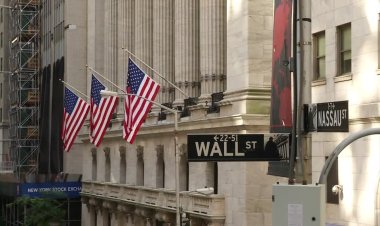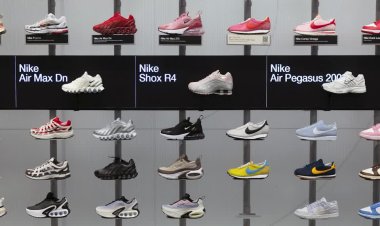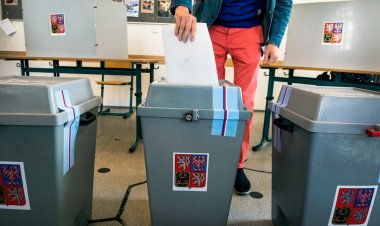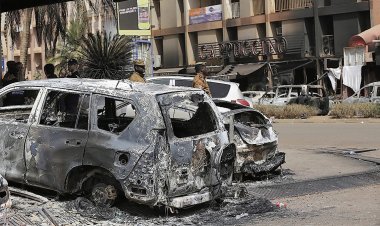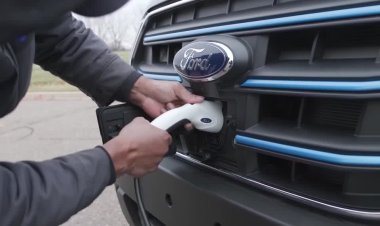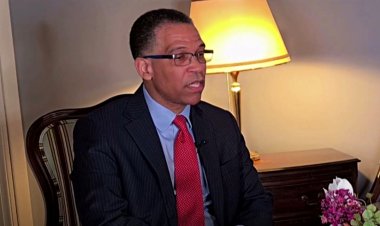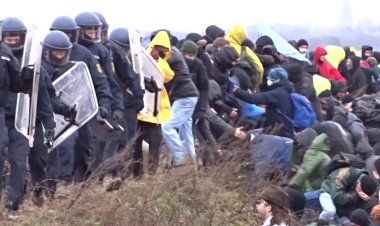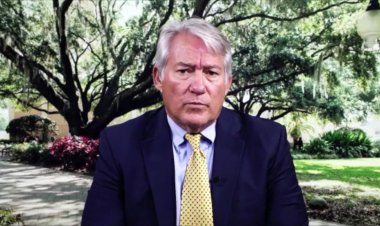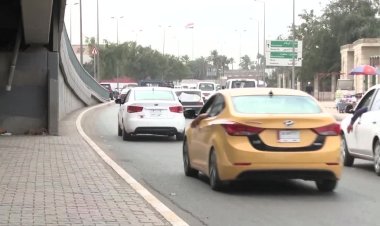Verified information and security, Meta challenges in Latin America
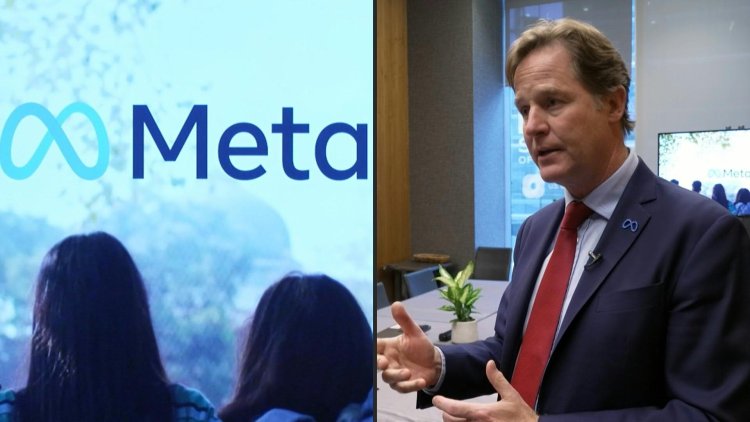
Meta, Facebook's parent company, wants to guarantee the dissemination of reliable information on its platforms, popular in Latin America, and secure access to its metaverse, said its president of Global Affairs, Nick Clegg.
We seek "that when our services are used in elections and moments of greater debate, we play a responsible role in ensuring that people have access to authoritative information," Clegg said in an interview in Los Angeles, where he is participating in the Summit of the Americas.
"And if you look at the way our services have been used in Latin America, during the pandemic WhatsApp was one of the most important ways that people found access to reliable information about where they could get a vaccine," he said.
"We work with independent fact checkers in Latin America, we work on WhatsApp with many governments in the region to help people find credible information about the pandemic and elections," he explained.
"If people don't feel safe, they're not going to use our apps. It's for society but also for our own interest," Clegg added.
This program, Meta pays some 80 organisations, including specialised media outlets and fact-checkers, in exchange for using their fact-checks on Facebook, WhatsApp and Instagram.
Thus, content rated as "fake" reaches a smaller audience. The user who attempts to share that post will receive an article explaining why the post is misleading, and those who have already shared it will receive a notification with a verification link. No posts are removed from the platforms and fact checkers are free to choose how and what to investigate.




